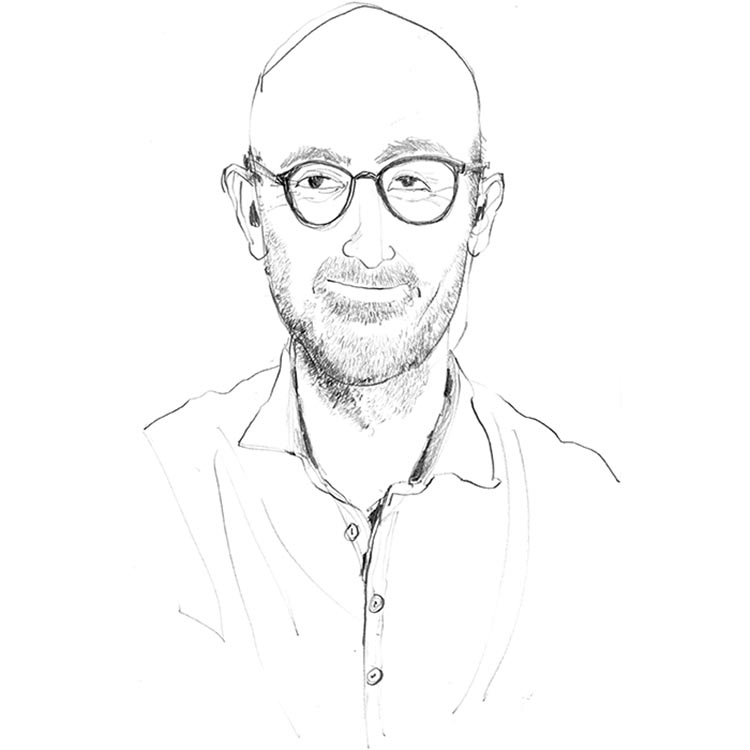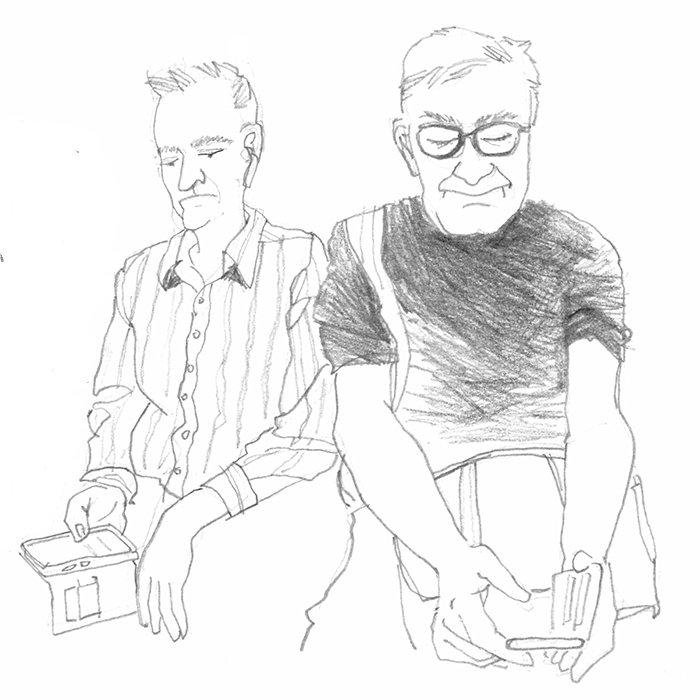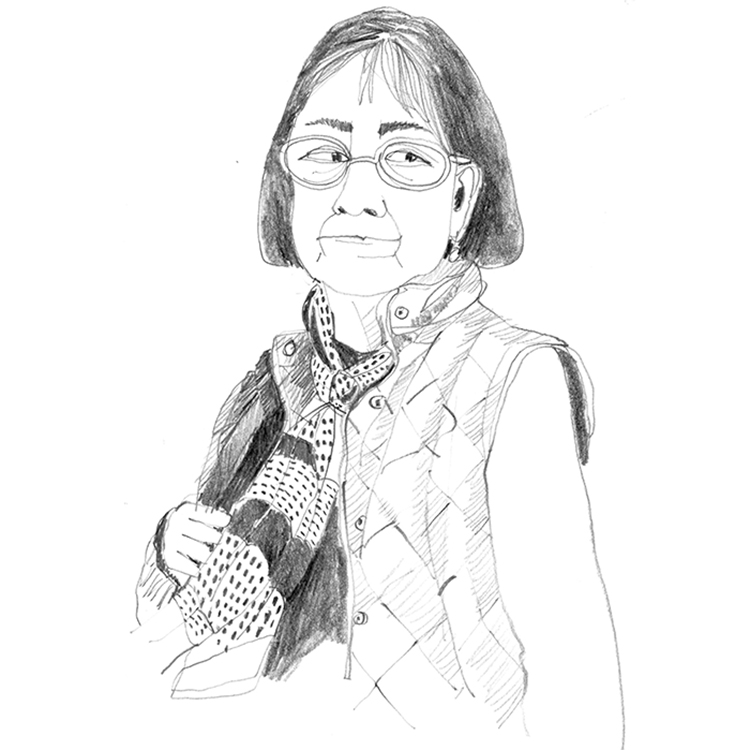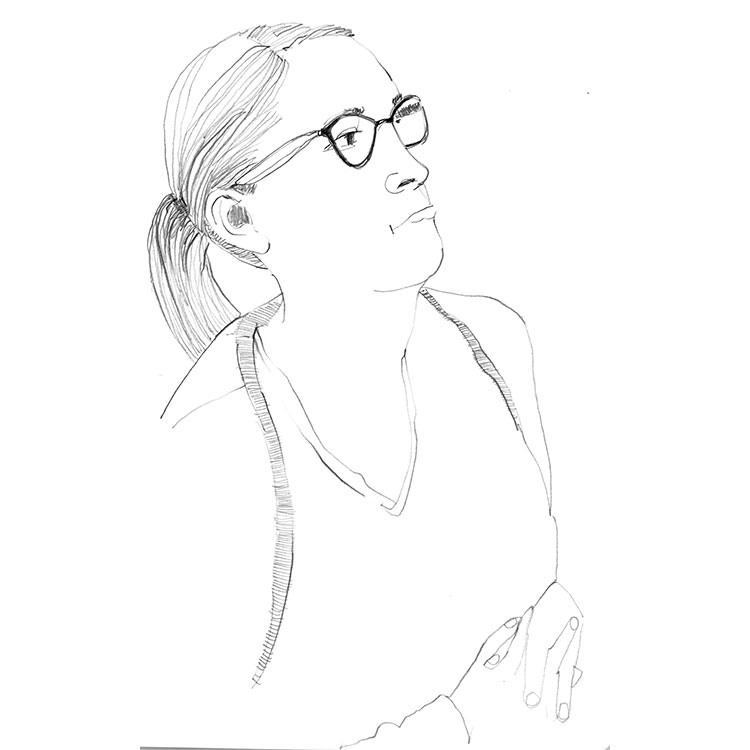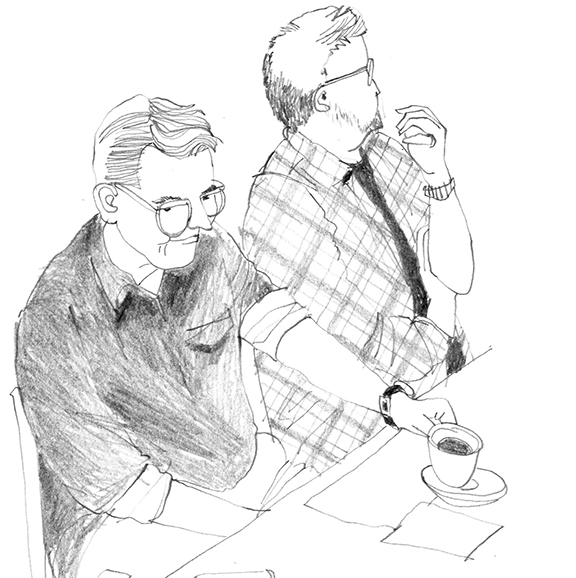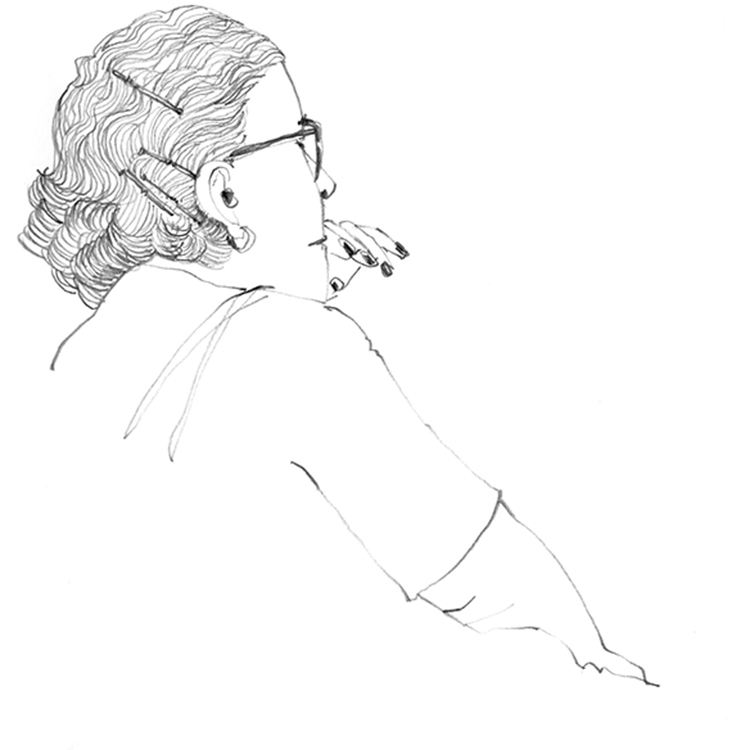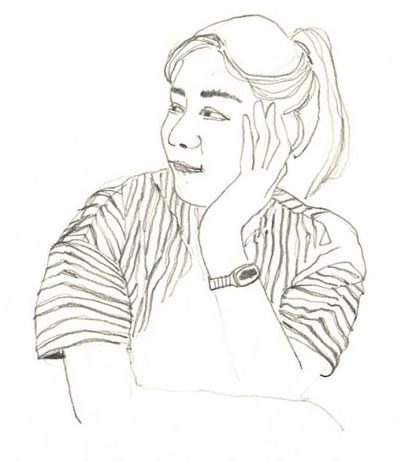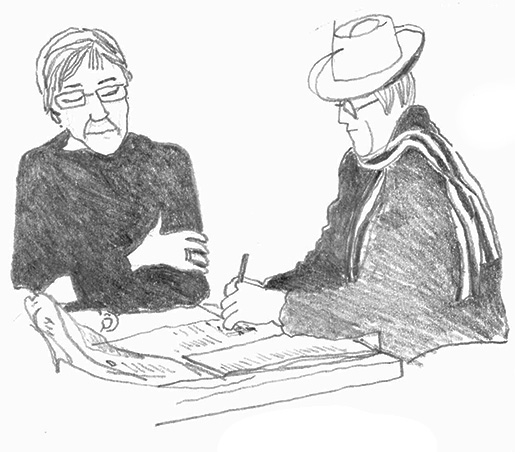Business of design
This is the first in a series of articles reporting on feedback from our ‘What clients want’ survey. We asked clients a simple question: How would you prefer to meet designers? The results are interesting.
Designers make great strategic thinkers because we share the attributes of great strategic thinkers. We’re curious, consistent, agile, multi-focused, open, questioning and we have a breadth of knowledge.
It’s easy to think bias is embedded in others like Donald Trump or Pauline Hanson, but truth is most designers have some level of unconscious bias.
Many designers avoid all talk about money because they find it stressful but it’s not talking about money that’s stressful. Having the money talk early in a project means you can relax and enjoy the design.
Designers like to craft brands rather than design logos. We’re protective of identities created and like to be involved in building their character. Here’s a great example of a brand with character.
So, we’re working all from home now but are designers working from home forever? If they are, here’s some things you should consider …
When expectations are managed, designers can add value managing a client’s social media presence – but it’s not to be under-estimated or under-serviced. Much reputational harm can come from inactivity or the wrong activity.
We all know it’s easier to get more work from existing clients than find new clients. Here are three great examples of creatives doing just that…
It seems everywhere we read, watch or listen there’s advice to adapt to the new normal. Problem is there’s very little consensus about what this new normal will be. Economists see a recession, business gurus see opportunities. Here’s what I think…
Recently I was a guest on a Streamtime Webinar talking about DIY business healthchecks.
We discussed the reports you can pull from project management software to check valuable profits aren’t leaking.
This is the stuff I wish I had have said…
In ’normal’ hard times, the traditional process is to reduce fixed costs; refine and reduce your service offering. But in crisis times like this, you must rethink the business model. Companies that survive and go on to prosper look beyond costs and services to the weaknesses that existed in the business operations.
We had the good fortune to have worked through the 1987 market crash, the dot.com boom and crash and the global financial crisis. I say good fortune because it taught us how to pivot.
This COVID19 crash is going to be far worse.




